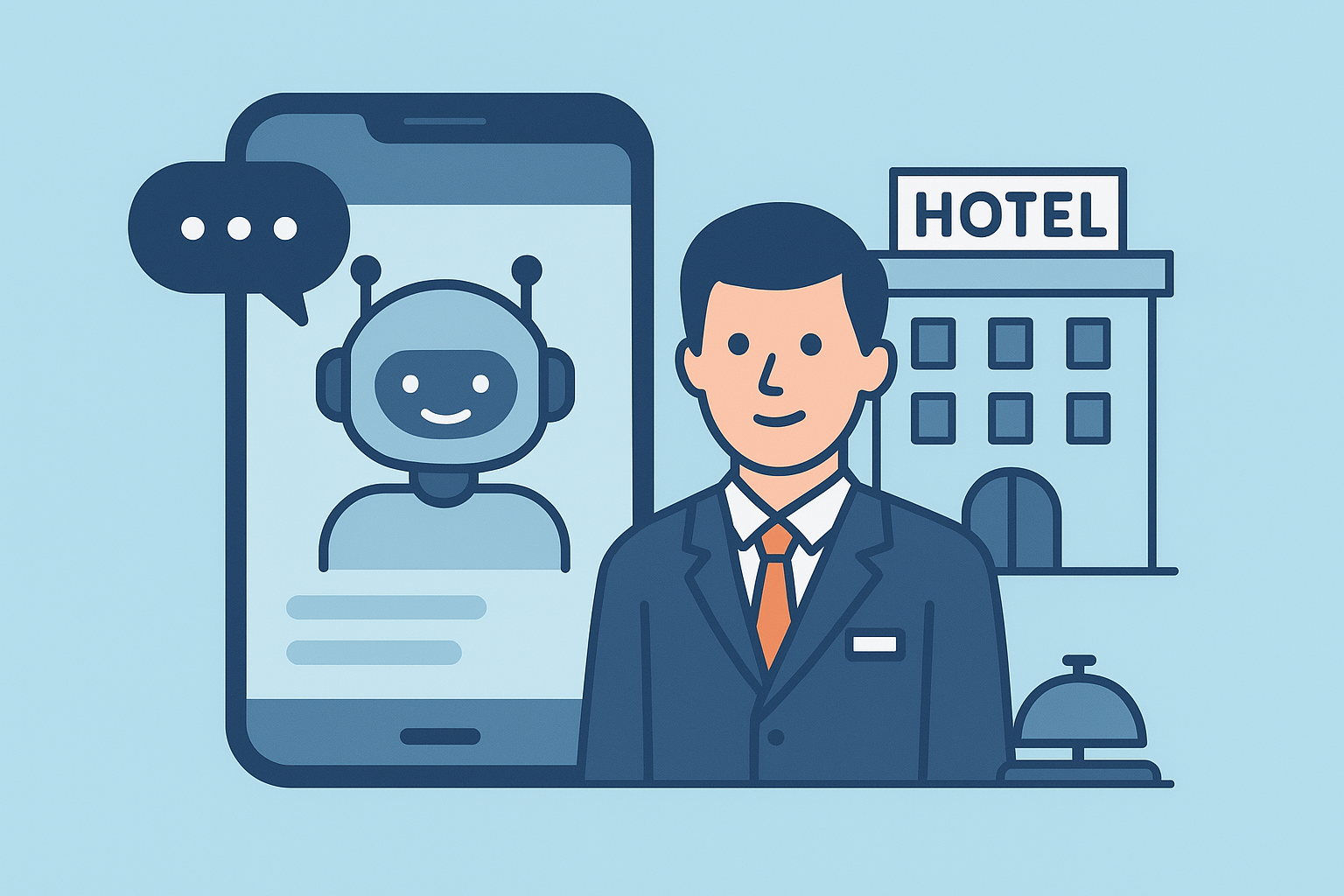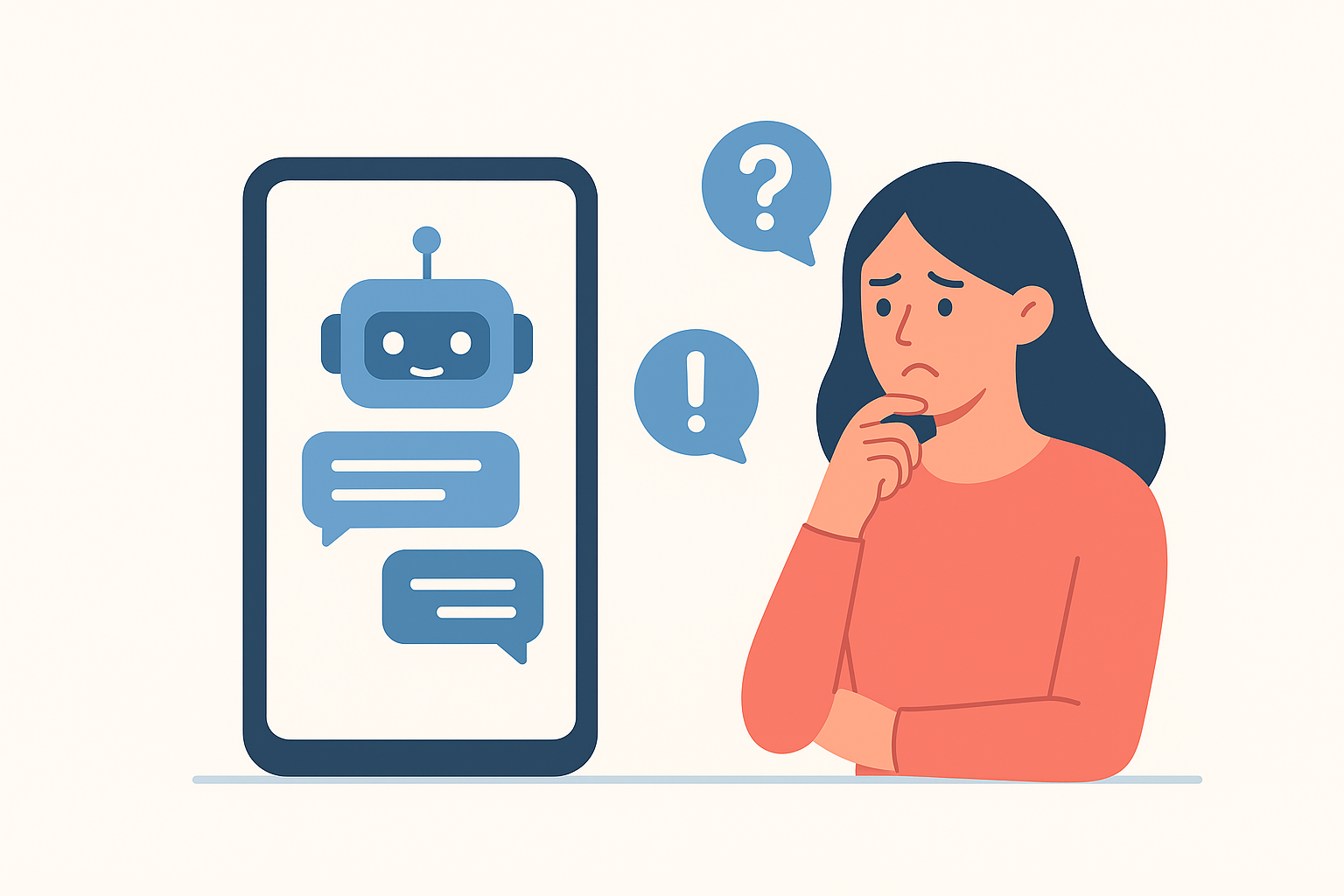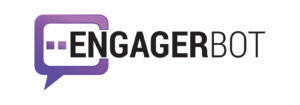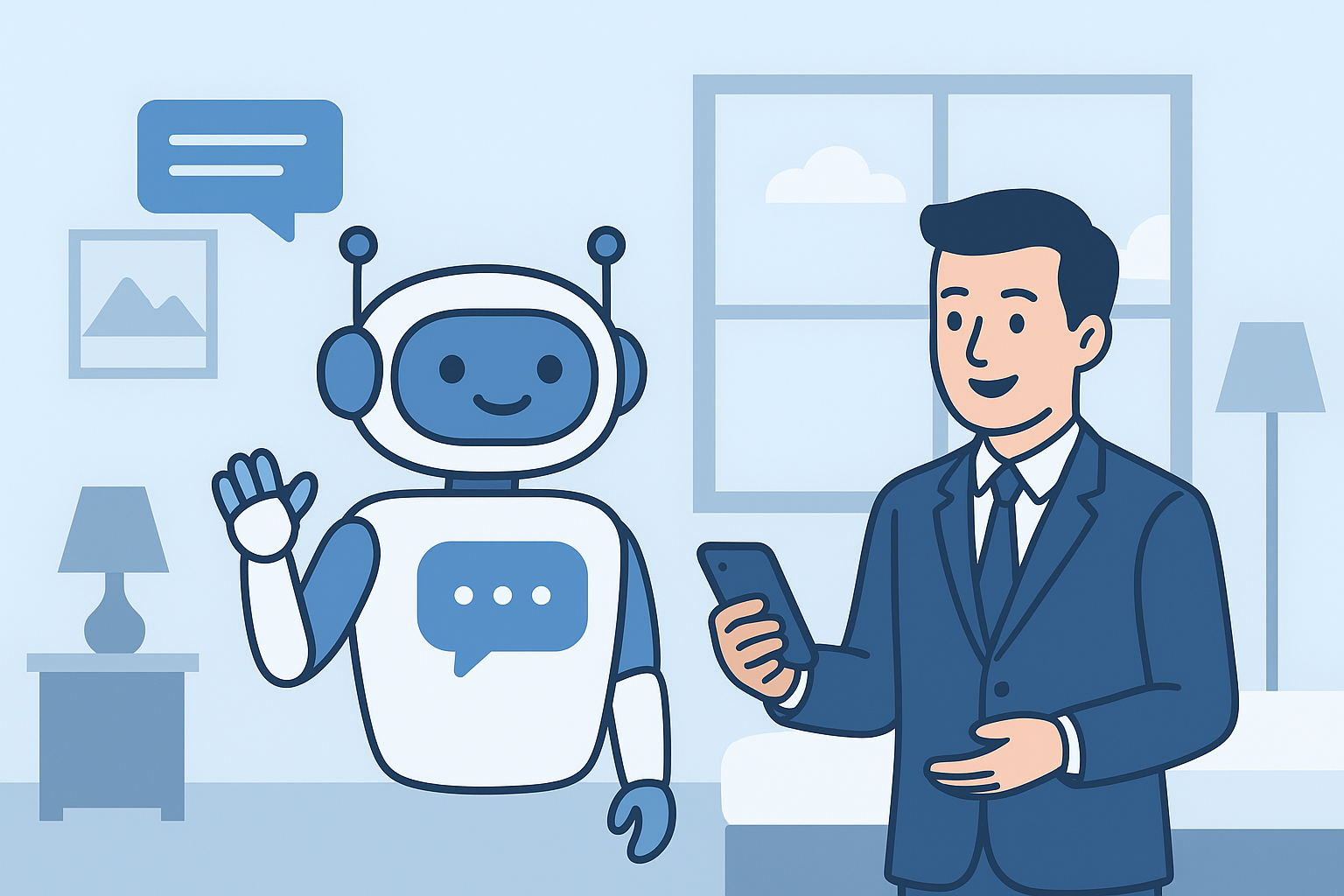The hospitality industry has always thrived on creating memorable guest experiences, personalized services, and seamless communication. However, with the rise of digital transformation and evolving customer expectations, businesses such as hotels, resorts, restaurants, and travel services are increasingly turning to innovative technology. One of the most significant innovations driving change today is the hospitality chatbot. These AI-powered conversational tools are designed to engage customers 24/7, streamline operations, and provide instant solutions. This blog will explore in detail how hospitality chatbots are reshaping the industry, their advantages, and why businesses should consider adopting them to stay competitive.
Introduction to Hospitality Chatbots
The world of hospitality has always revolved around guest satisfaction, seamless communication, and building trust. In today’s fast-paced digital environment, travelers and guests expect immediate responses, personalized experiences, and efficient service delivery. This demand has given rise to the adoption of hospitality chatbots — AI-driven conversational assistants capable of providing real-time support across websites, apps, and social media platforms. These chatbots are revolutionizing the way hotels, resorts, and restaurants interact with guests, offering 24/7 support, instant booking options, and customized recommendations. For businesses, this means reduced workload on staff, increased efficiency, and enhanced customer loyalty. Platforms like Engagerbot ensure that hospitality providers can integrate intelligent chatbot solutions tailored to their brand and guest expectations.
The Growing Importance of AI in the Hospitality Sector
Artificial intelligence has become an indispensable part of modern industries, and hospitality is no exception. The need for instant gratification, personalized interactions, and round-the-clock availability has shifted how hotels, resorts, and restaurants operate. With the help of AI-powered hospitality chatbots, businesses can automate repetitive tasks such as booking confirmations, answering FAQs, and providing real-time updates. This not only improves guest experience but also reduces operational costs. Moreover, AI enables hotels to analyze guest data, preferences, and behaviors, helping them provide tailored offers that enhance loyalty. The rise of AI in hospitality is not about replacing human staff but empowering them to focus on tasks that require empathy, creativity, and human touch.
How Hospitality Chatbots Work Behind the Scenes
Understanding the mechanics of hospitality chatbots is essential to appreciate their impact. These chatbots function using natural language processing (NLP) and machine learning algorithms, enabling them to interpret guest queries and respond with relevant answers. When a guest asks about room availability, local attractions, or dining options, the chatbot processes the request, retrieves accurate data from integrated systems, and delivers instant responses. Over time, chatbots learn from interactions, becoming more effective and precise. For businesses, integrating chatbots with hotel management systems, booking engines, and customer relationship management (CRM) tools allows seamless automation. This behind-the-scenes functionality ensures guests receive fast, accurate, and personalized communication without waiting for human intervention.
Enhancing Guest Experience with Chatbots
Guest experience is the cornerstone of the hospitality industry, and chatbots play a pivotal role in enhancing it. Today’s travelers want instant answers and effortless solutions, whether booking a room at midnight or asking about spa timings. A hospitality chatbot ensures guests receive real-time assistance without being put on hold. Additionally, chatbots provide personalized experiences by recommending room upgrades, dining options, and local events based on guest profiles. For international travelers, multilingual chatbots break language barriers, creating smoother interactions. The convenience of chatting with a bot that remembers preferences makes guests feel valued, significantly improving satisfaction and repeat visits.
The Role of Chatbots in Hotel Bookings and Reservations
The process of booking a hotel room has evolved dramatically, moving from phone calls and emails to instant online interactions. Hospitality chatbots simplify this process by offering real-time booking assistance. Guests can ask about availability, compare room types, view prices, and confirm reservations without leaving the chat interface. This eliminates friction in the booking journey, making it more convenient and user-friendly. Moreover, chatbots can handle changes or cancellations, send payment confirmations, and even upsell premium packages. The ability to manage reservations seamlessly ensures guests have confidence in the booking process, while businesses enjoy reduced reliance on call centers and increased direct bookings.
Hospitality Chatbots and Customer Support
One of the most significant advantages of chatbots is their ability to provide round-the-clock customer support. In the hospitality industry, questions about check-in times, amenities, transportation, and dining services arise at all hours. A hospitality chatbot can respond instantly, ensuring guests never feel ignored or frustrated. Unlike traditional methods where guests may wait hours for email responses, chatbots offer immediate assistance. This not only improves satisfaction but also builds trust and loyalty. Furthermore, chatbots can escalate complex issues to human agents when necessary, creating a balanced system where technology handles routine inquiries and staff focuses on personalized care.
Reducing Operational Costs with Chatbot Automation
Running a hospitality business involves significant operational expenses, from staffing and training to handling guest inquiries. Hospitality chatbots help reduce these costs by automating repetitive tasks. For example, answering common questions about Wi-Fi passwords, check-out times, or parking fees no longer requires human staff. This automation allows employees to focus on delivering personalized services that improve guest experiences. Additionally, businesses save money on call centers, email support, and manual booking processes. By reducing the workload on staff while maintaining high-quality service, chatbots ensure operational efficiency and cost savings that directly impact profitability.
Personalization in the Hospitality Industry Through Chatbots

Personalization has become a critical driver of guest satisfaction in today’s hospitality sector. A chatbot powered by AI can collect and analyze guest data such as booking history, preferences, and frequently asked questions. Using this information, it can recommend customized services like preferred room types, dining suggestions, or nearby activities. Guests feel more valued when businesses anticipate their needs and tailor interactions accordingly. This level of personalization not only enhances the overall experience but also fosters brand loyalty. In fact, many travelers are more likely to return to a hotel that remembers their preferences and delivers personalized offers during their stay.
Hospitality Chatbots and Upselling Opportunities
Upselling and cross-selling are essential strategies for increasing revenue in the hospitality sector, and chatbots are excellent tools for executing them. A chatbot can intelligently recommend room upgrades, spa services, or dining packages during the booking process or while guests are interacting online. For example, if a guest books a standard room, the chatbot might suggest a suite with a discount or highlight exclusive amenities. Similarly, during a stay, chatbots can promote local experiences, event tickets, or premium services. These subtle, conversational upselling tactics not only increase revenue but also improve guest experiences by offering relevant and valuable options.
Multilingual Communication with Global Guests
The hospitality industry caters to a diverse, global audience, making multilingual communication a vital requirement. Hospitality chatbots equipped with language translation features ensure seamless communication with international guests. Whether a guest speaks English, Spanish, Chinese, or Arabic, chatbots can respond in their preferred language, removing barriers and enhancing comfort. This capability allows hotels and resorts to serve guests from different cultural backgrounds without requiring multilingual staff for every interaction. It creates inclusivity, broadens the customer base, and ensures all guests feel equally valued. For global hospitality businesses, multilingual chatbots are a powerful tool to enhance reputation and accessibility.
Hospitality Chatbots and Contactless Experiences
The COVID-19 pandemic accelerated the demand for contactless services in hospitality. Guests prefer minimal physical contact during check-ins, payments, and service requests. Hospitality chatbots facilitate this by enabling guests to complete most tasks digitally. From digital check-ins and mobile room keys to requesting room service through chat, everything can be managed without face-to-face interaction. This not only improves safety and convenience but also aligns with modern travelers’ expectations. Contactless experiences powered by chatbots have become a long-term trend, enhancing efficiency while ensuring health-conscious guests feel secure and comfortable.
The Integration of Chatbots with Hotel Management Systems
For chatbots to deliver maximum value, integration with hotel management systems (HMS), property management systems (PMS), and customer relationship management (CRM) software is essential. This integration allows chatbots to access real-time data about room availability, pricing, guest history, and reservations. When a guest asks about booking options, the chatbot retrieves accurate details instantly. Similarly, when guests make requests during their stay, the chatbot can update the hotel’s system automatically. This seamless integration reduces manual work, eliminates errors, and ensures smooth communication between guests and the business. Hotels adopting this integration gain efficiency, accuracy, and improved guest satisfaction.
Building Guest Loyalty with Hospitality Chatbots
Guest loyalty is the foundation of long-term success in hospitality. Chatbots contribute significantly to loyalty by providing consistent, reliable, and personalized service. When guests experience prompt responses, relevant recommendations, and seamless booking processes, they are more likely to return. Loyalty programs can also be integrated into chatbots, allowing guests to check points, redeem rewards, or receive exclusive offers. This makes loyalty management convenient and engaging. By remembering guest preferences and making every interaction smooth, chatbots create lasting impressions that lead to repeat bookings, positive reviews, and word-of-mouth referrals.
Hospitality Chatbots and Data Collection for Business Insights
Data is one of the most valuable assets in the digital age, and chatbots play an essential role in gathering it. Every interaction with a hospitality chatbot provides insights into guest preferences, common queries, and behavior patterns. This data helps businesses understand what guests value most, which services need improvement, and what offers drive bookings. By analyzing chatbot data, hotels and resorts can make informed decisions to improve marketing, pricing, and customer service strategies. In addition, this data can help businesses forecast demand, identify trends, and remain competitive in an ever-evolving market.
Challenges and Limitations of Hospitality Chatbots

While hospitality chatbots offer numerous benefits, they also come with challenges. One key limitation is that chatbots may not always understand complex or nuanced guest queries, leading to frustration. Additionally, poorly designed chatbots can deliver robotic or irrelevant responses, negatively impacting guest experience. Privacy and data security concerns also arise, as chatbots collect sensitive guest information. To overcome these limitations, businesses must invest in high-quality chatbot platforms, regular updates, and human backup support. The key lies in creating a balance where chatbots handle routine tasks while human staff address emotional or complex interactions.
Future of Chatbots in the Hospitality Industry
The future of hospitality chatbots looks highly promising. As artificial intelligence and machine learning continue to advance, chatbots will become more conversational, empathetic, and accurate. Future chatbots may act as full-fledged digital concierges, capable of planning entire trips, booking activities, and offering personalized itineraries. Integration with voice assistants and smart room technology will further enhance guest experiences, allowing voice-activated interactions within hotel rooms. Moreover, predictive AI will enable chatbots to anticipate guest needs before they even ask. This evolution will make chatbots indispensable tools for hospitality businesses aiming to deliver futuristic, tech-driven guest experiences.
Conclusion: Why Hospitality Businesses Must Embrace Chatbots
In today’s digital-first world, hospitality businesses cannot afford to ignore the power of chatbots. From improving guest experiences and enabling contactless services to boosting revenue and reducing operational costs, hospitality chatbots are redefining how the industry operates. The key to success lies in balancing automation with human touch, ensuring guests feel valued at every interaction. As traveler expectations continue to evolve, hotels, resorts, and restaurants that invest in intelligent chatbot solutions will enjoy a competitive edge. By partnering with innovative platforms like Engagerbot, hospitality providers can seamlessly integrate chatbot technology that enhances service delivery, builds loyalty, and secures long-term growth.

